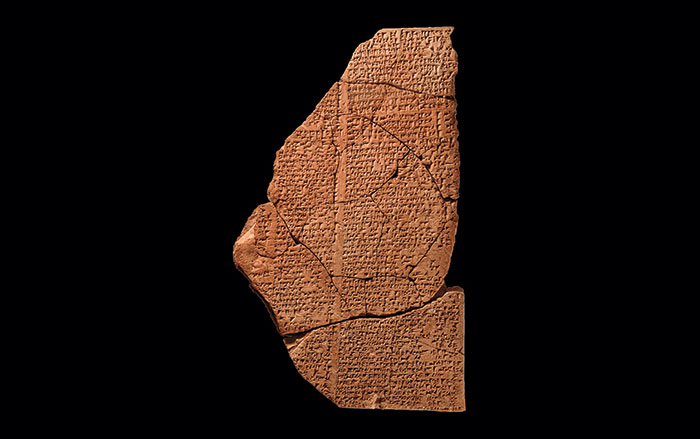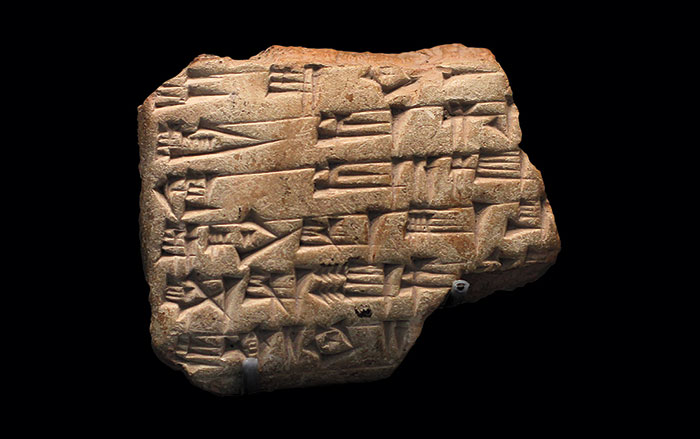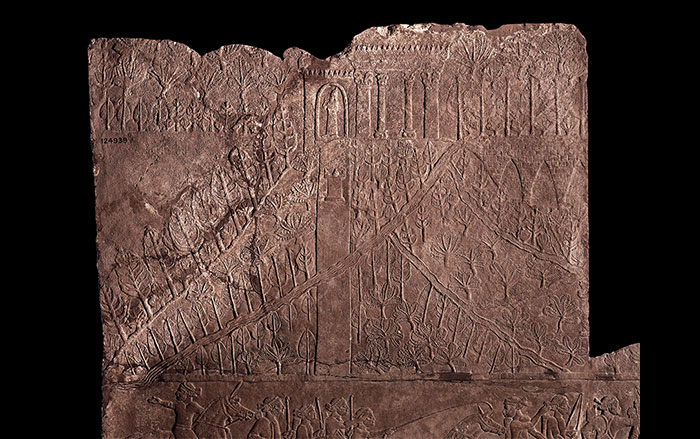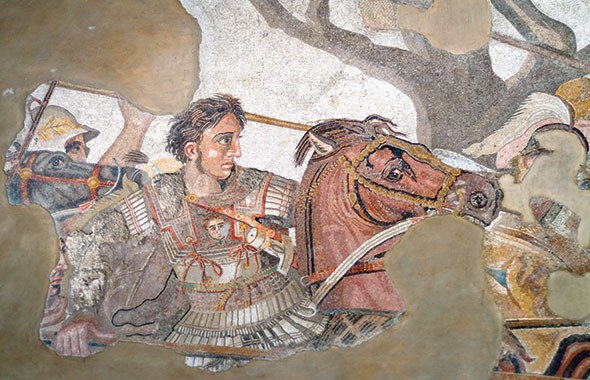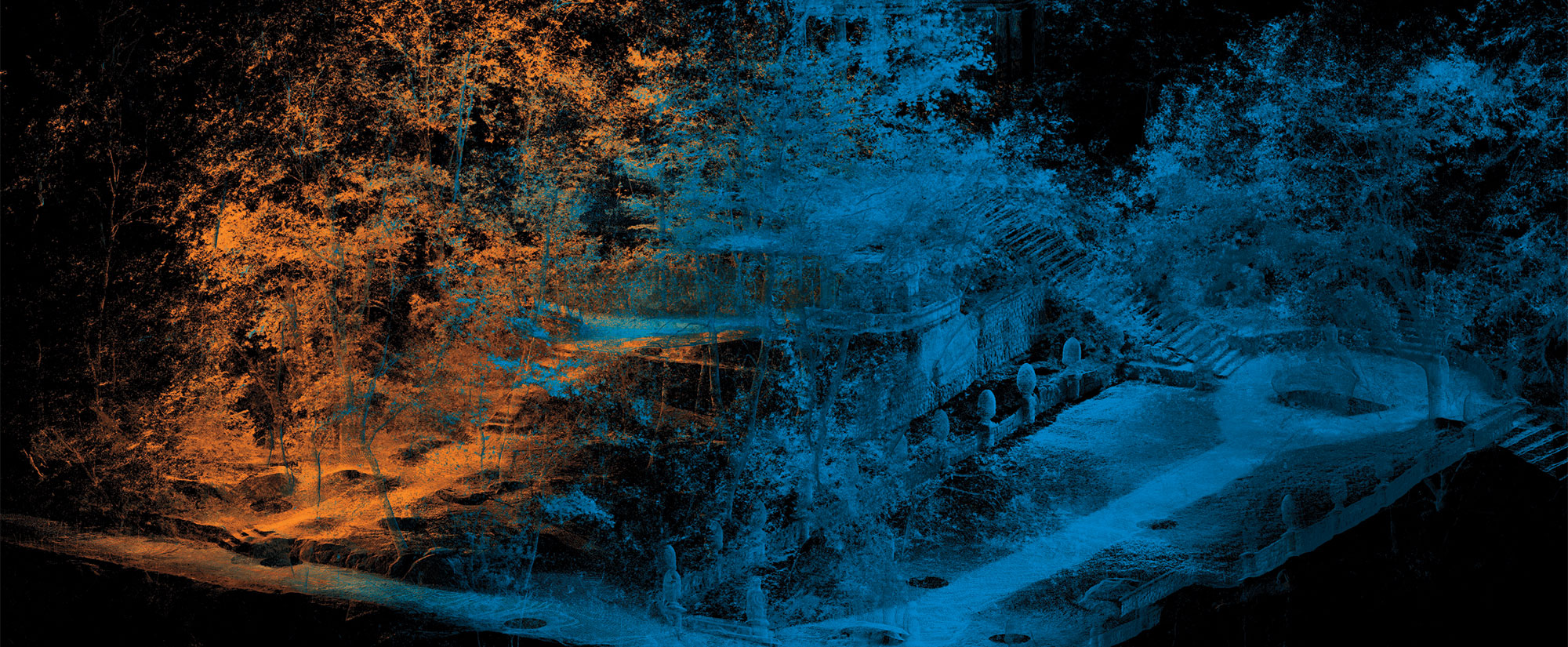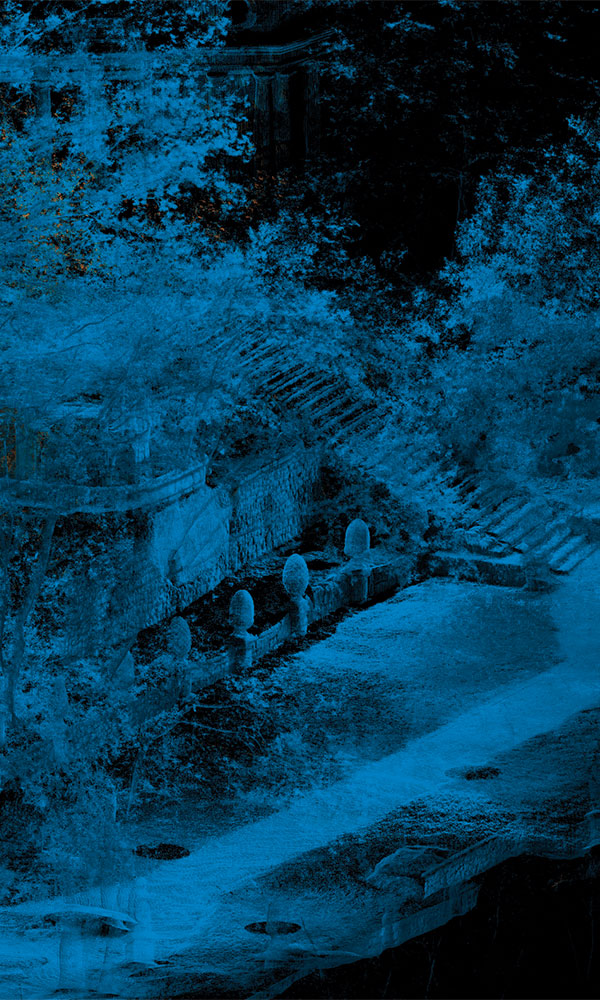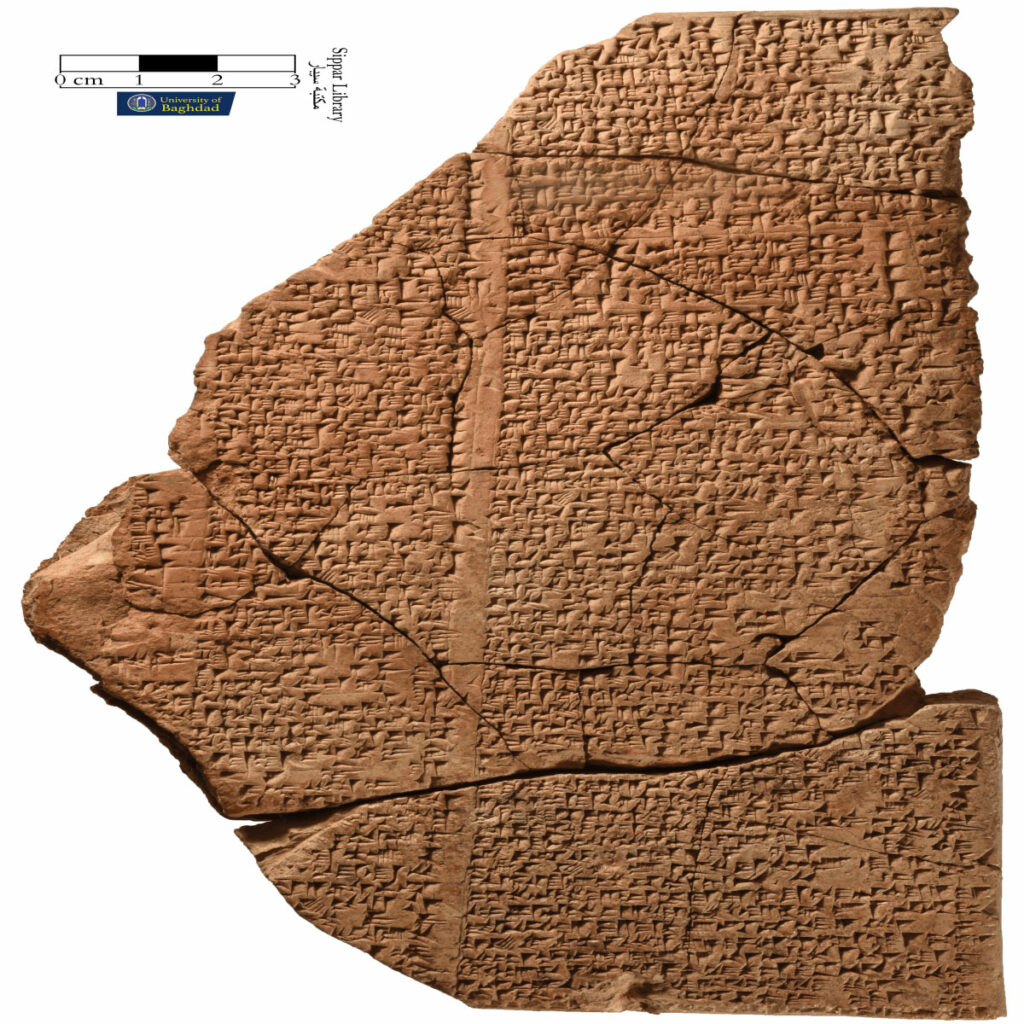
MUNICH, GERMANY—According to a statement released by Ludwig Maximilian University of Munich (LMU), LMU researcher Enrique Jiménez was able to decipher a Babylonian hymn that had been lost for 2,000 years. Jiménez, in collaboration with the University of Baghdad, is working on digitizing all cuneiform tablets from the legendary ancient Sippar Library, once located on the banks of the Euphrates River north of Babylon. Using artificial intelligence, the team was able to identify 30 different fragmentary pieces from the same composition, which turned out to be a previously unknown hymn consisting of 250 lines. The piece was written by an ancient Babylonian who wished to shower his city with praise. The author not only describes Babylon’s lofty buildings, but hints at what life was like in the city and, perhaps most significantly, provides valuable information about the role of women in Babylonian society, including their duties as priestesses. Because there were so many different fragmentary copies of the text surviving, the experts believe it may have been widely known and even copied by schoolchildren during their lessons. “It’s unusual that such a popular text in its day was unknown to us before now,” said Jiménez. Read the full hymn and the original scholarly article about this research in Iraq. To read about tablets thought to have come from Sippar that record the earliest known mentions of omens related to lunar eclipses, go to "Bad Moon Rising."


